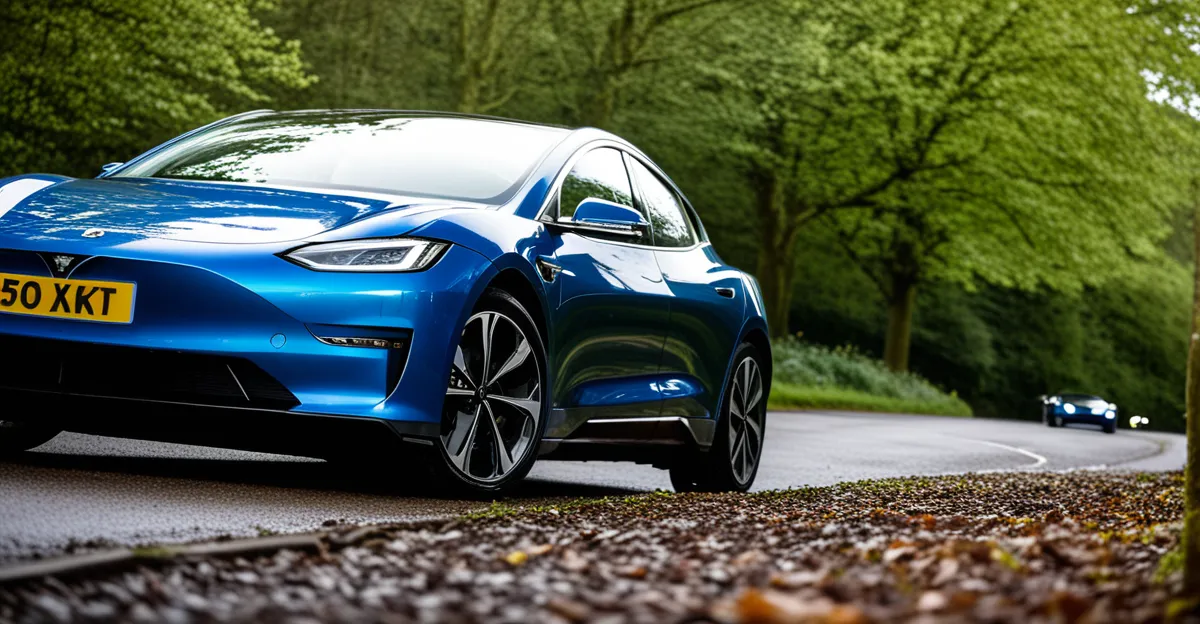Industry Investments and Transition Strategies
The UK automotive industry is actively investing in electric vehicle (EV) technologies to align with the global shift toward sustainable transport. Leading manufacturers are making substantial electric vehicle investments to pivot from conventional car production to EV manufacturing. For example, established UK plants are being repurposed with new equipment designed specifically for battery assembly and electric drivetrains.
This transition demands complex research and development strategies focused on improving battery efficiency, reducing costs, and enhancing vehicle range. Companies are collaborating with tech firms to innovate advanced materials and software that optimize EV performance. The emphasis on R&D ensures that the UK automotive industry remains competitive in a fast-evolving market.
Have you seen this : How Will Autonomous Vehicles Transform Urban Planning?
Shifting from traditional combustion engines to electric models involves rethinking production lines and supply chains. This strategic pivot to EV production is critical for meeting ambitious climate targets and consumer demands. Manufacturers are balancing legacy vehicle lines with increasing EV output, gradually increasing investment in electric platforms. The ongoing investments not only future-proof UK automotive manufacturing but also stimulate economic growth through new technologies.
Government Policies and Support
Government policies play a pivotal role in accelerating the UK automotive industry’s electric vehicle transition. The UK government offers a range of EV incentives aimed at boosting adoption, such as grants for electric cars and subsidies for installing home charging points. National initiatives align with ambitious zero-emission vehicle targets, mandating the phase-out of petrol and diesel cars by 2030.
Also to read : How Are UK Automotive Advancements Shaping the Future of Sustainable Transportation?
These policy frameworks not only encourage consumers but also drive manufacturers to increase electric vehicle investment. For example, regulatory measures compel automakers to meet strict CO2 emission standards, effectively steering production portfolios toward EVs. Such regulations create a clear and enforceable roadmap for the industry’s transition.
Moreover, regional governments provide localized support through infrastructure funding and tax benefits, further stimulating EV uptake. The combined impact of these government policies fosters an environment where innovation thrives and market confidence in electric vehicle technologies strengthens. This focused approach ensures the UK maintains its competitive edge in the rapidly evolving global automotive landscape.







